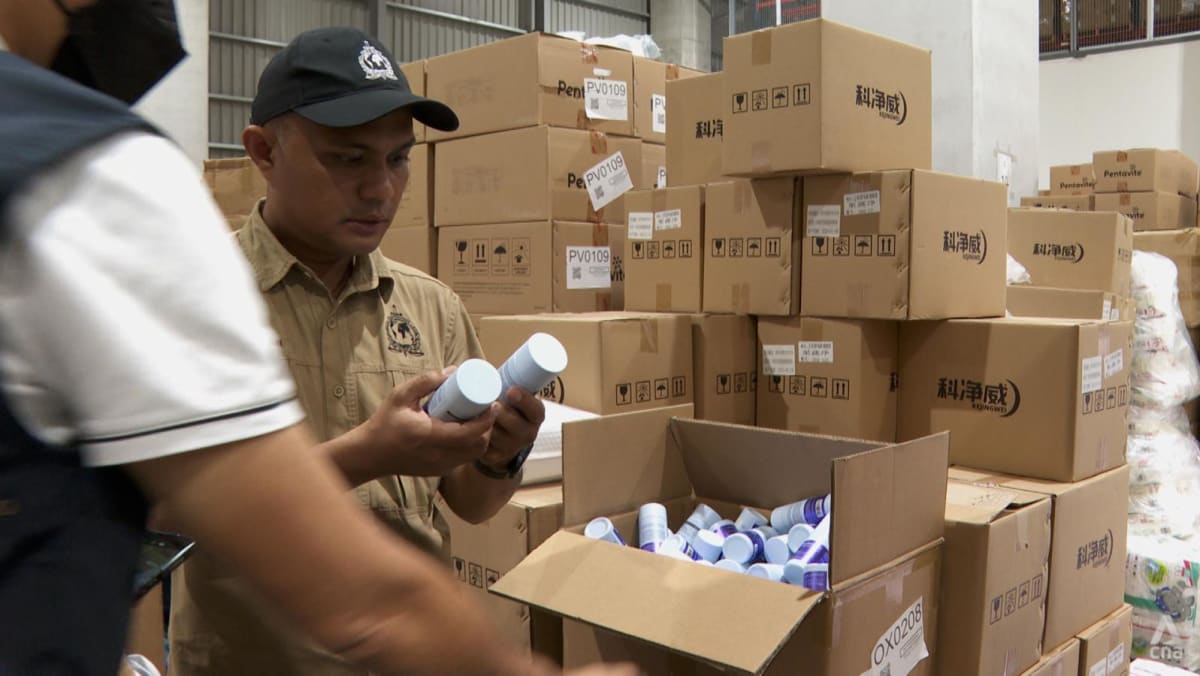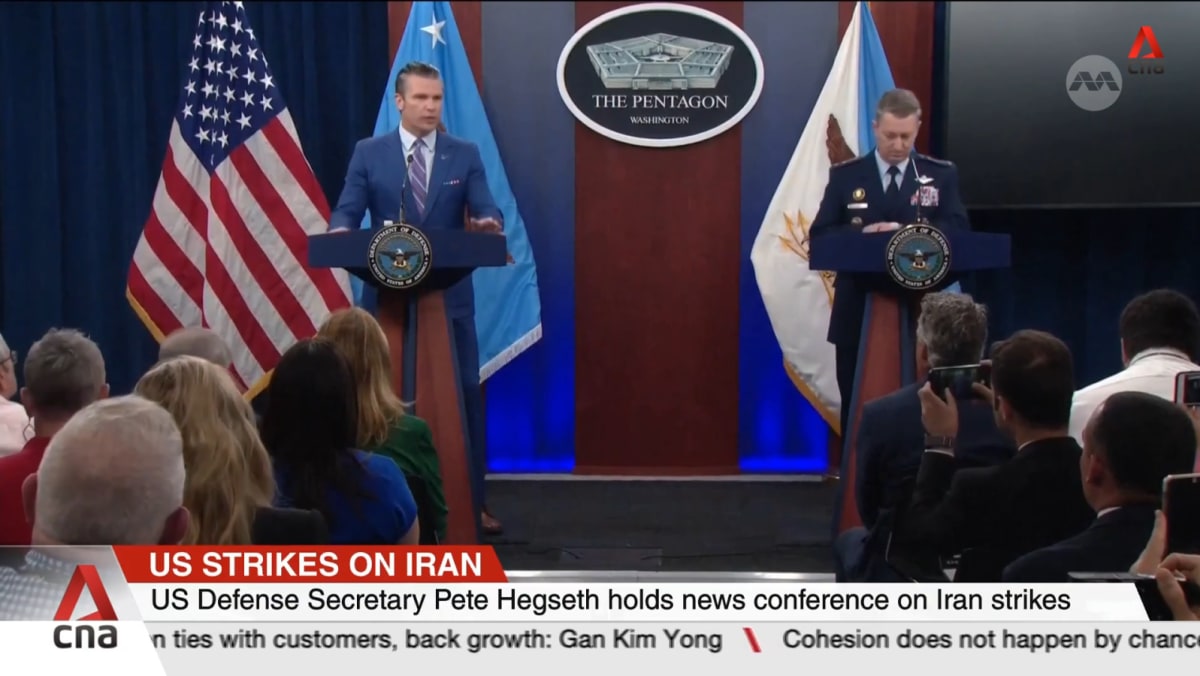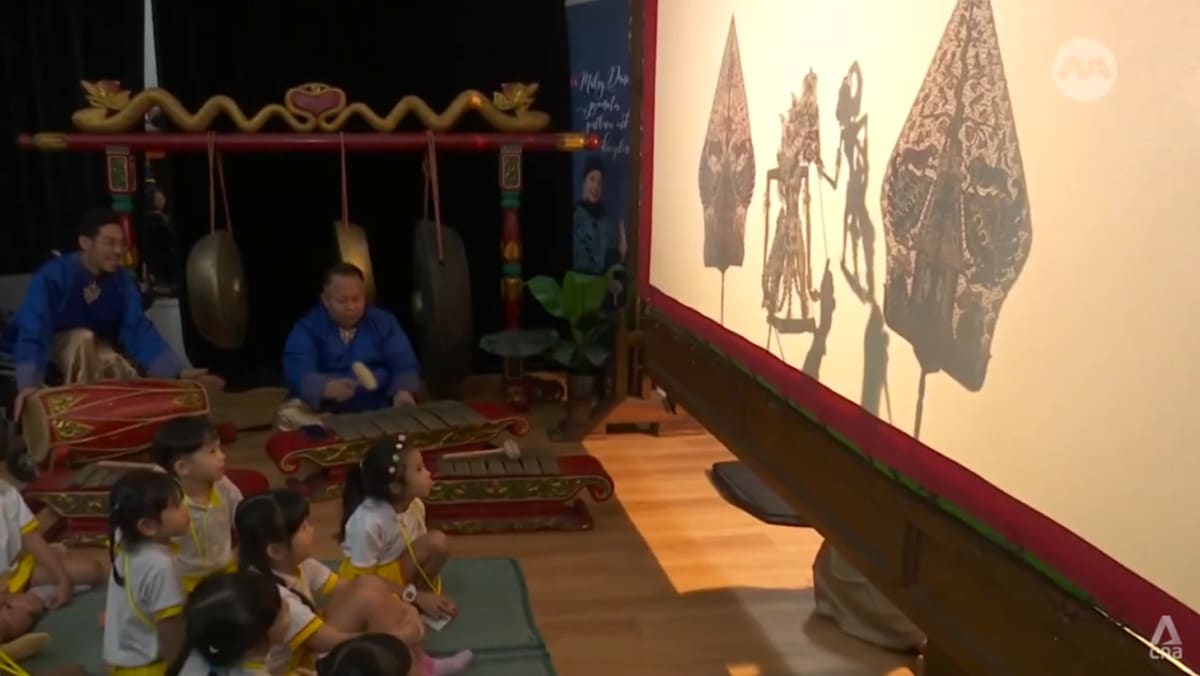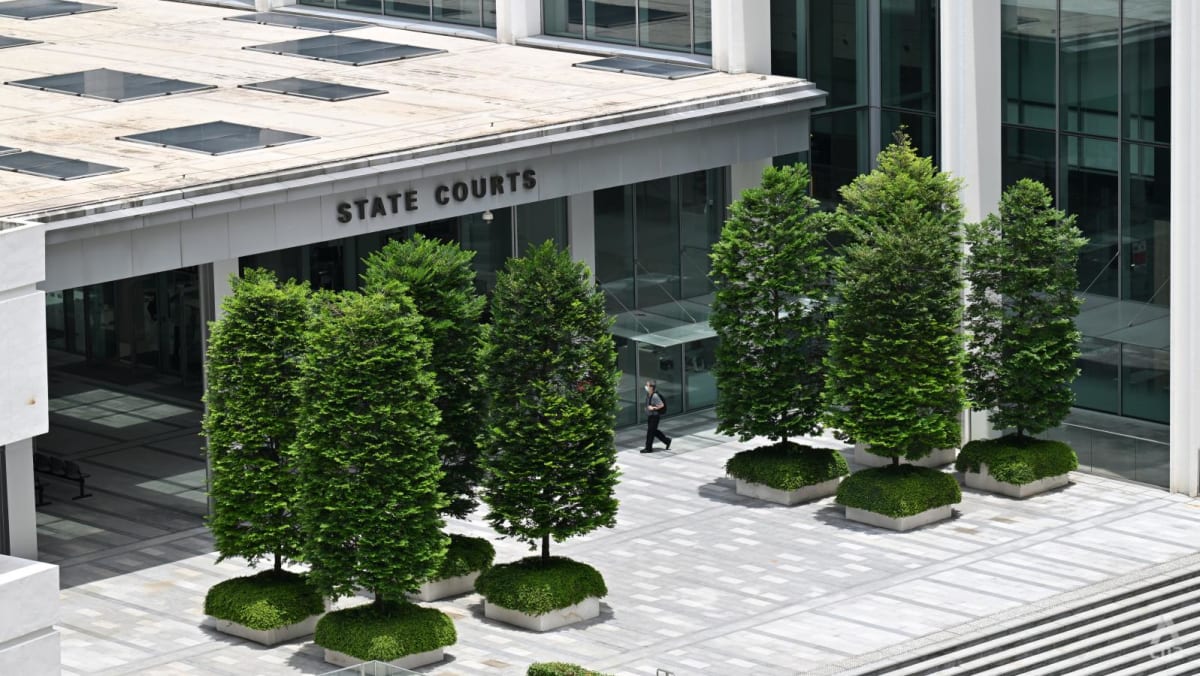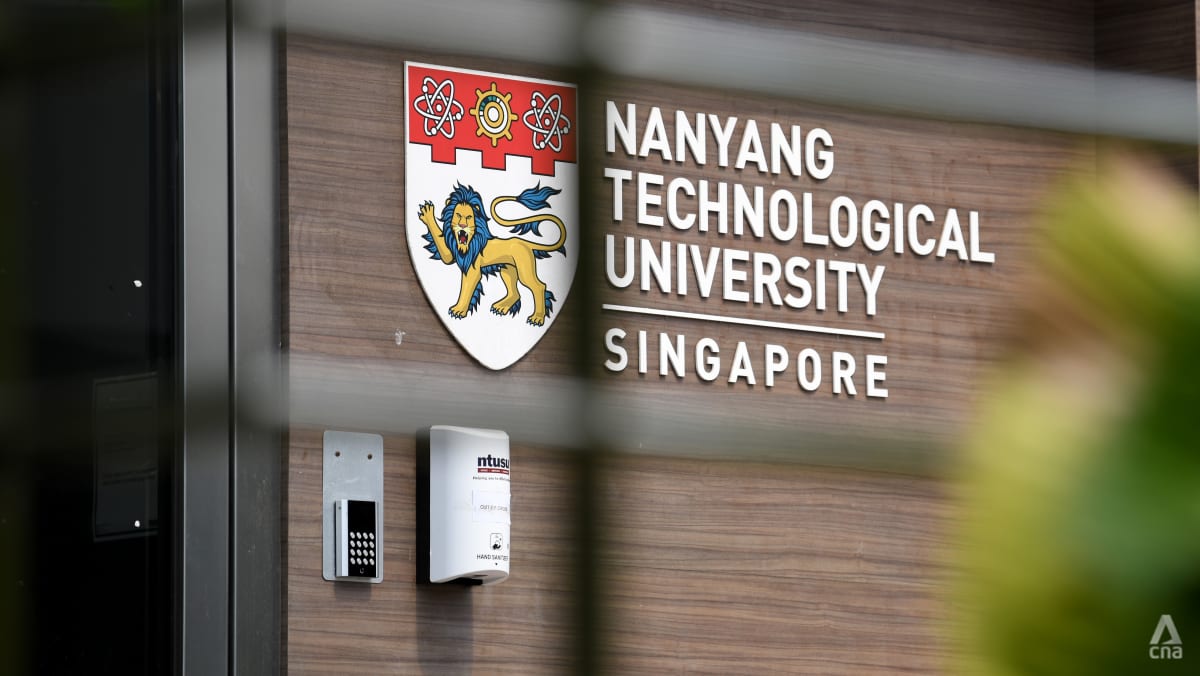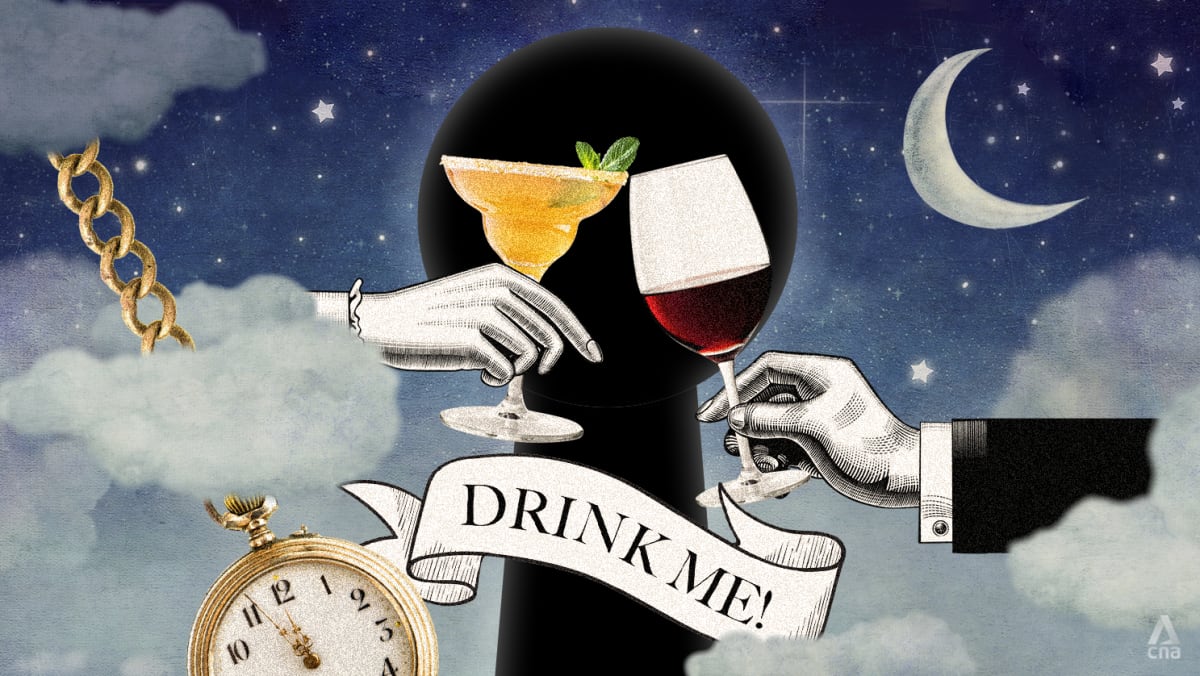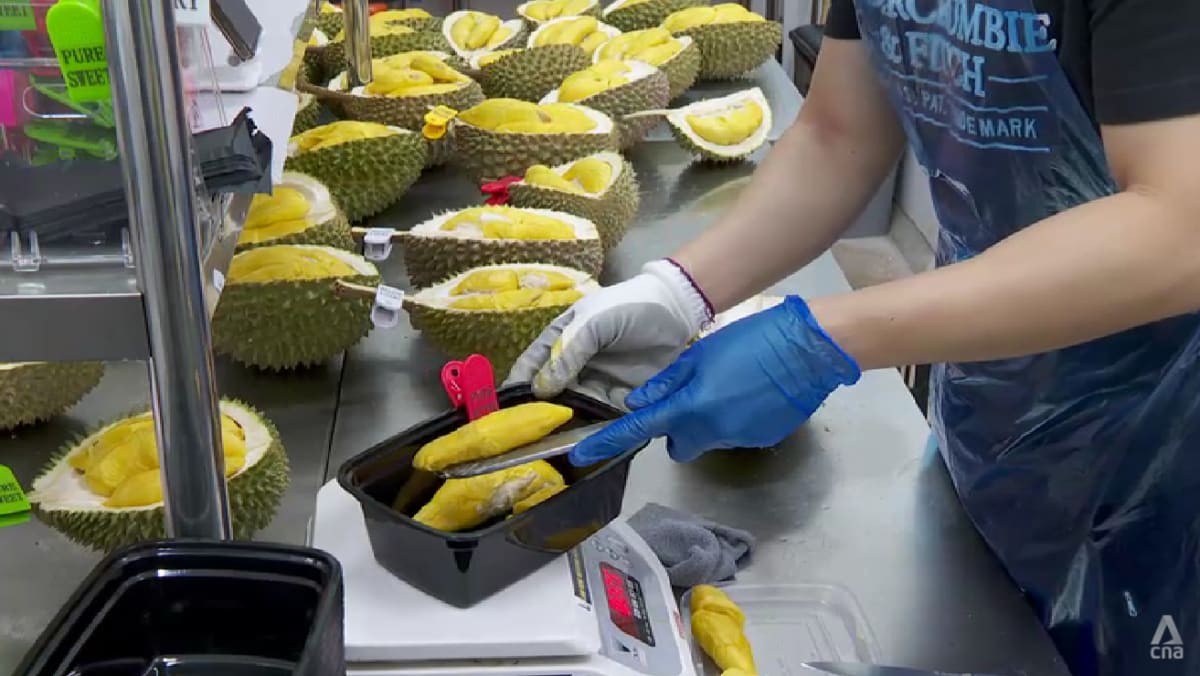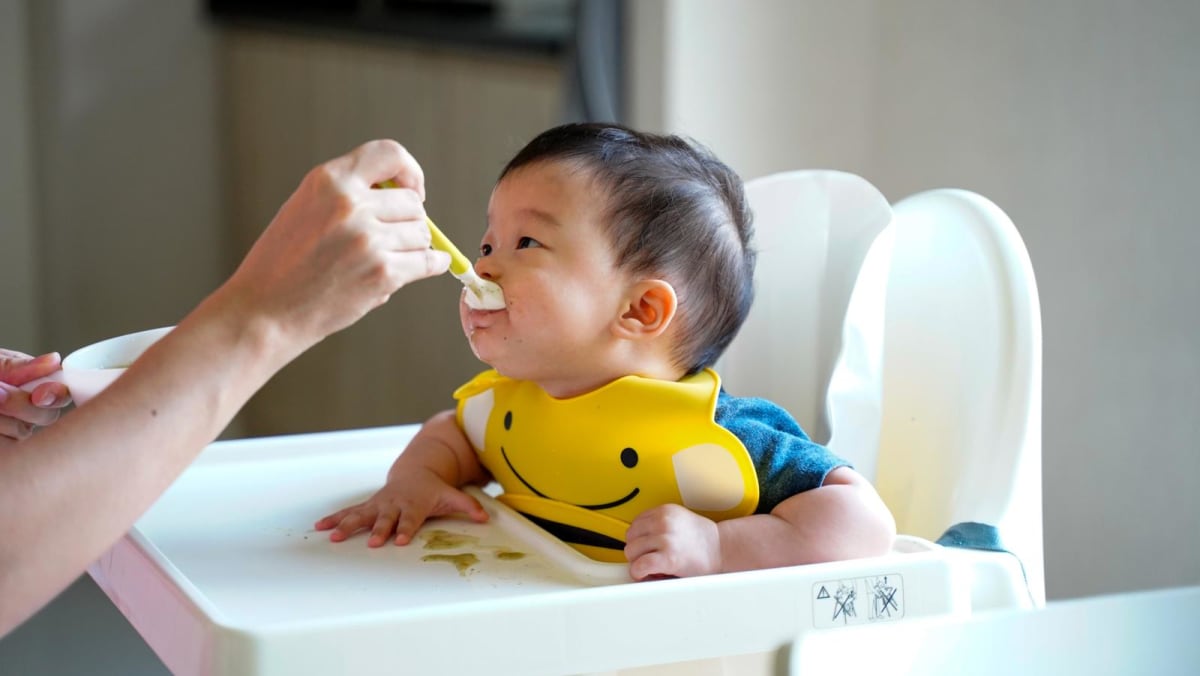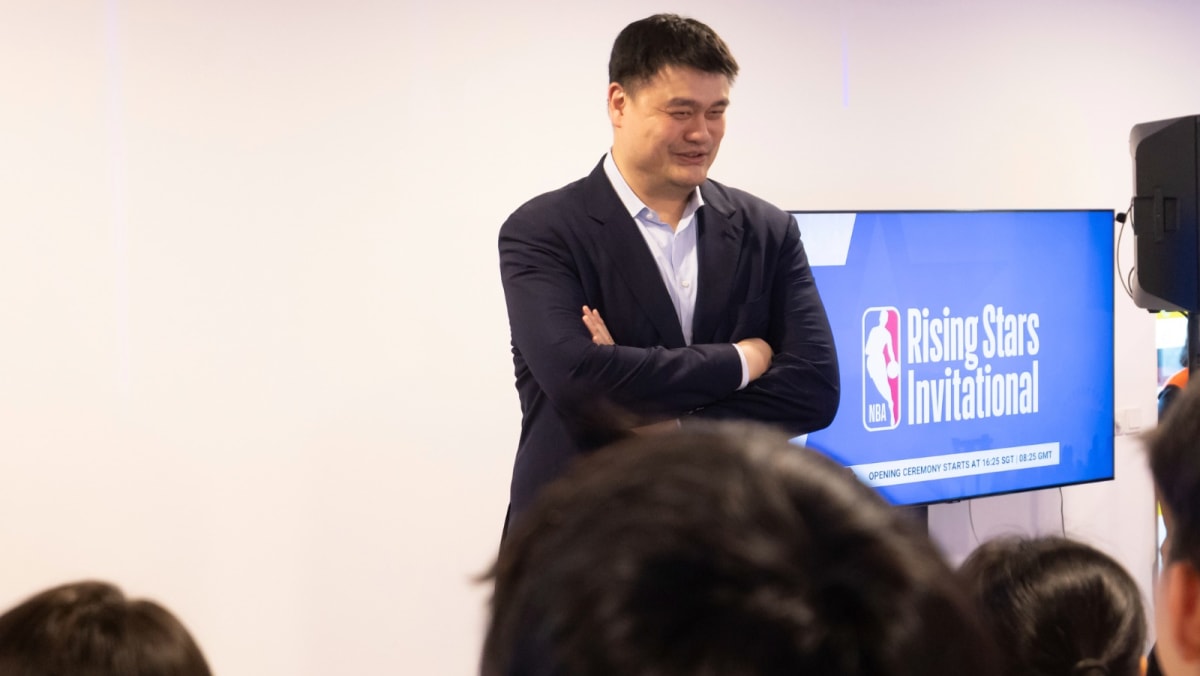The company has grown from working with 10 preschools in 2019, before the COVID-19 pandemic, to bookings with 38 preschools for January to August this year.
However, that has led to difficulties in recruiting trained arts educators, said Mr Adel.
Aside from increasing full-time staff to 13, he has also engaged 30 part-timers, of which 22 started as student members of the arts group. The other eight are freelancers who are musicians or dance instructors recommended by existing instructors.
He added that Sri Warisan also intends to teach more programmes such as regional dances as part of the AEP.
Another AEP partner that aims to give children an early exposure to performing arts is Muse Arts.
It has seen about 20 per cent increase in engagements since 2022 and has doubled its offerings of dance, music and musical theatre programmes, said the group’s founder Jacintha Tan.
She added that the group’s programmes are tailored to school themes such as “My parents are my superheroes” or “Be honest with each other”.
The organisation also conducts workshops for educators who need support teaching music, dance or drama.
Ms Tan added that preschool staff are required to undergo early childhood training for at least three months to ensure competency in class management while conducting lessons.
TRAINING EDUCATORS
As the AEP broadens its reach, the NAC said that it is working to improve the quality of artist-led learning programmes.
This includes improving the teaching skills of arts educators through partnerships with early childhood experts.
Ms May Tan, director of education and manpower development at NAC’s arts ecosystem group, said artists play an important role as educators.
“Arts educators are … essential in nurturing life skills such as critical thinking, creativity and social emotional learning,” she said.
Professor Kwok Kian Woon, vice-chancellor of University of the Arts Singapore, said that arts education has been evolving.
